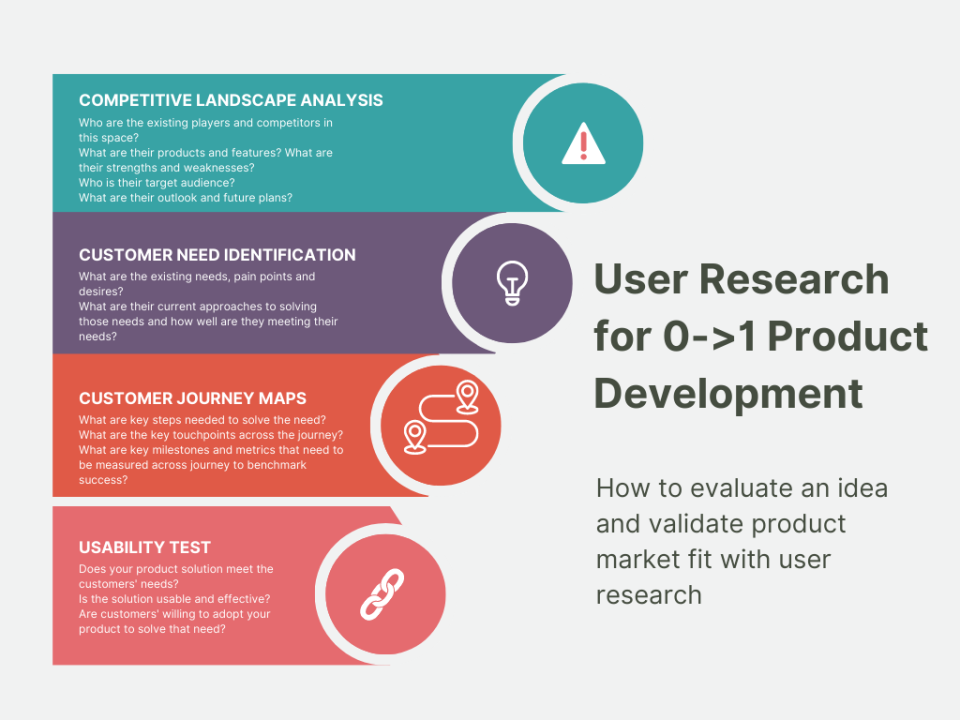
Listening: The Underrated Skill in the Age of AI Hype
June 26, 2025
People are really excited about building the next big AI thing but sometimes, in all that excitement, we forget something fundamental...



The Power of Listening Over AI Hype
Everyone is talking about AI these days. It seems like every other day there's a new AI tool or a new AI idea. People are really excited about building the next big AI thing but sometimes, in all that excitement, we forget something pretty basic: listening. It might sound simple, but listening to people is a skill that can make a huge difference.
Think about it. You might have a super advanced AI program, but if it doesn't actually solve a real problem for real people, what's the point? The truth is, a tool that doesn't even use AI, but was built because someone really listened to what customers needed, can often do much better. These tools start by talking to customers and using all the shared experiences people have had to fix actual problems.
Why Customer Conversations Matter More
It's easy to get caught up in trends. Right now, AI is the big trend. But chasing trends can make you lose sight of what's truly important: your customers. When you talk to customers, you get to hear their struggles, their needs, and what they wish they had. This direct feedback is gold. It's much more useful than just guessing what people want or trying to build something because it's popular.
When you start with real conversations, you'rQe building something based on actual human experiences. This makes your product or service much more likely to succeed because it's designed to help people in ways they actually need help. It's not just a cool piece of tech; it's a solution.
Building Frameworks for Listening
So, how do you make sure you're really listening? It's not just about having a quick chat. It's about building a system, a framework, that helps you truly understand people. This means:
- Setting up ways to get feedback: This could be through surveys, interviews, or even just casual conversations.
- Analyzing what you hear: Don't just collect information; try to understand the patterns and the deeper needs.
- Using that information to make decisions: Let what you learn from listening guide how you build your products or services.
When you have a clear way to listen and use that information, it becomes a natural part of how you work. It's not just a one-time thing; it's an ongoing process.
Leading with Empathy in Product Development
Listening is a big part of empathy. Empathy means understanding and sharing the feelings of others. In product development, this means putting yourself in your customer's shoes. It means trying to see the world from their point of view and understanding their challenges.
When you lead with empathy, you're not just trying to sell something. You're trying to solve a problem for someone. This approach can transform your business. It helps you create products and services that people actually want and need, which can lead to more success and happier customers.
Key Takeaways
- Listening is a powerful skill: It can help you solve real problems better than just relying on new tech.
- Customer conversations are key: They provide real insights that trend-chasing can't.
- Build systems for listening: Make listening a regular part of your process.
- Lead with empathy: Understand your customers' needs to build better products and services.
.png)

